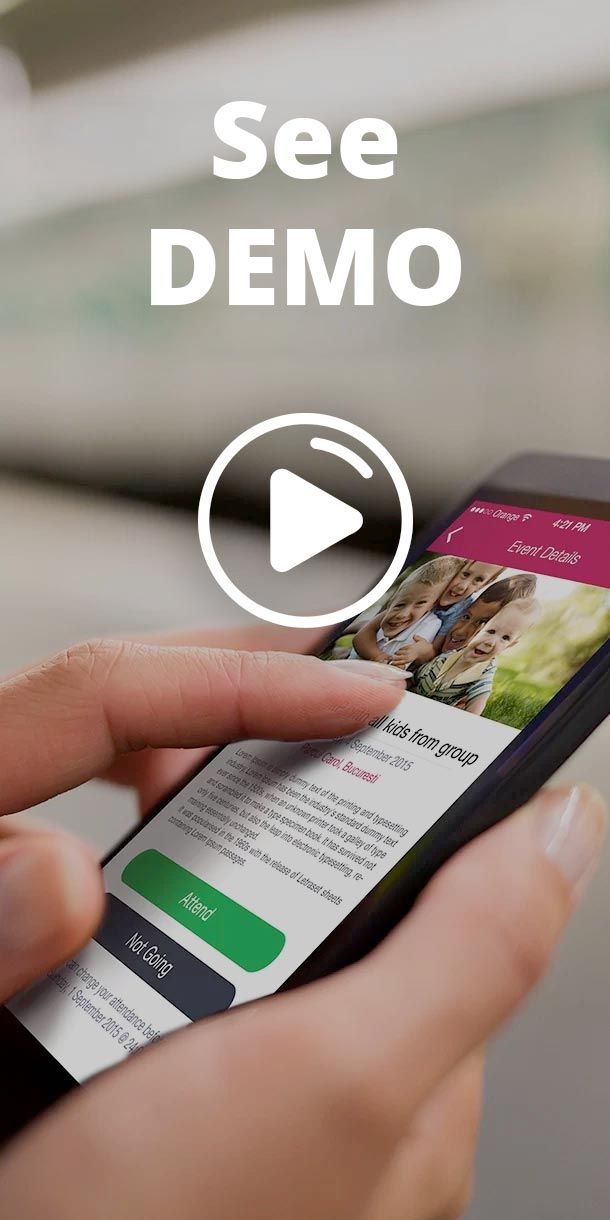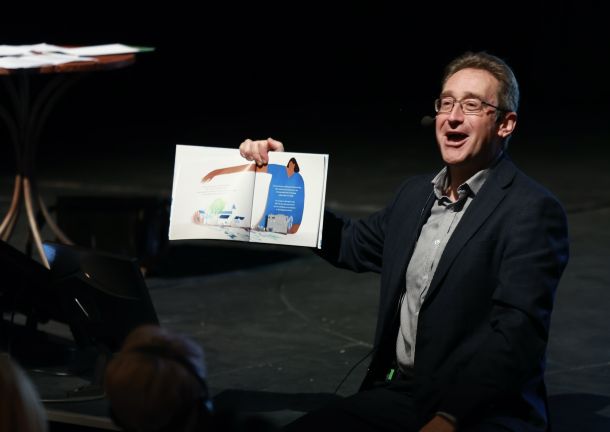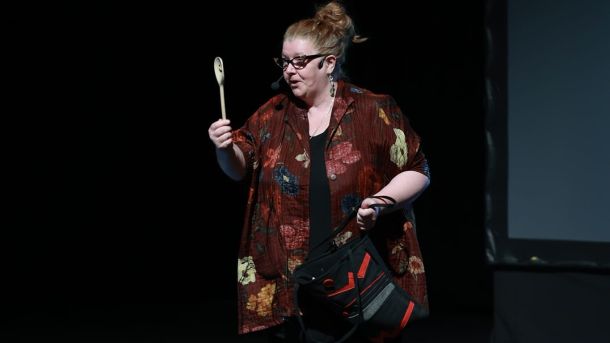Pre-school education - ingredients
In pre-school education it is necessary to check on the child regularly, in line with their developmental stages.
A baby is born with a hundred billion neurons. Each neuron is then assigned different synapses. At birth, a neuron has the capacity to create 1500 connections, and by the age of 3, it reaches 15,000 connections. Each neuron can send signals to other neurons to create connections. Once connections are made, they need to be stimulated to develop a healthy brain in adulthood. A baby's brain is extremely active every second of its life. We tend to coordinate the child's development and thus risk limiting the child's range of discovery in line with our needs. It is beneficial to remain observers only and to accompany them with the necessary support.
Pre-school education is considered the golden age in education
This is when most of the learning takes place and 80-90% of the child's brain is developed by the age of 3. Each stage of development represents a time of acquisition. If we skip that stage, the acquisition does not take place and the connection is lost, it no longer exists. From this perspective, every moment should be used for the benefit of the child and its future development. Every child has certain inclinations, but we need to stimulate all areas of the brain. Just as a tree grows from one tree to the next, a child develops in all its areas, it must acquire all the necessary skills. The child must be stimulated in both the language and motor areas. However, around the age of one to one and a half years, a child is more focused on the motor development part, so there is no need to worry if we notice a slowdown in the language acquisition part.
Each child is unique and develops at their own pace
It is the responsibility of educators and parents to notice what is beneficial to the child and to take action in that direction. It is important for parents not to be the ones who do absolutely everything for the child, but to stimulate the child to ask for what he needs and even encourage him to do those actions together. For example, if the child asks for water, through sounds or movements, the parent will take him to the kitchen to show him how to put the water on and say out loud what he is doing. In this way, children will learn how things work.
Stimulation with sensory toys is recommended, but it is preferable to use common household objects that have different textures or toys made at home by parents. A plastic bottle filled with water, in which we put something else every day - beans, glitter, pebbles, etc. - can be an extremely useful toy. Valentina Secară recommends simple toys, not very colorful, but made of strong and different textures that help stimulate the senses. Stimulating intellectual intelligence is achieved from the very first months. Babies receive information through stimuli. In the first months, babies need warm colors, then black and white contrasts, then toys that make sounds or help stimulate the sense of touch. Toys and sensory activities are needed to stimulate all five senses.
An adult's success is only ensured by 20% IQ, the rest is determined by emotional intelligence
Thus, it is very important to also focus on the development of emotional intelligence in pre-school education. Children who receive a greater affectionate relationship from birth and in their early years have a much higher capacity to adapt to school life. They understand their emotions better and are less anxious because they have a more developed hippocampus. A highly developed emotional intelligence quotient will also support cognitive intelligence. In the early years, it is essential to focus on how a child feels, how happy they are and how secure they feel. A child's brain is like a flower. Under optimal conditions, it opens, but under stress, it closes and no more intellectual accumulation takes place. Children need to feel seen, accepted, and proud of their achievements. Parents need to understand that a child needs boundaries, helping a child to feel good does not mean saying yes to every request, but providing an environment where the child feels safe.
Pre-school education is like a boxing ring, where the child will try the ropes, to see how flexible they are
Without a set framework, the child will not understand what the acceptable boundaries are, which are drawn at the 2-4 year stage. Children may have demands, it's okay to understand their frustrations, but set boundaries and keep them firm.
In the first months of life, eye contact with the baby is essential. A child retains in its emotional memory the mimicry of the adult around it. It is also advisable to talk a lot to children, play different types of music and expose them to social interactions. Children need sensory stimulation, they need to feel different textures on their hands and feet, they need auditory stimulation, sounds that we can call - there are horns, birds chirping, it's cold, it's sunny, etc. The parent must stimulate the child throughout its development. Even at a young age, it is good to ask the child questions and allow them to respond visually or with sounds. Even if a baby is 4 months old, the parent must see him/her as an individual. All behaviors are shaped by age three. It is good to also allow children to make decisions when they are ready. For example, it's not good to force babies to be held by someone else if they don't want to or to socialize with people if they're not comfortable doing so. It is essential to reassure the child that you understand them and create a safe environment for them.
In pre-school education it is necessary to check on the child regularly, in line with their developmental stages, to find out which area of the brain needs more stimulation. It is ideal to start learning as early as possible, but it is also very important to stimulate the child at home. A child not only needs information, it is the way in which this information is passed on that is important. It is the adult who facilitates the transfer of information and it is essential that the adult is involved. In conclusion, the most important ingredient in pre-school education is the constant involvement of parents and the active stimulation of the child, but with a focus on the child's needs.
How Kinderpedia supports active learning and the transition to a modern classroom
Kinderpedia supports active learning by making it easy for teachers to provide students with a variety of interactive and engaging resources that encourage them to take an active role in their own learning. Also, it keeps parents connected and engaged in students’ education. It allows schools to gather and analyse data at different levels, with the purpose of improving learning, as well as the overall teaching practice.
Kinderpedia
The complete communication and management solution for schools and childcare centres.
Simplifies teachers' work and brings parents closer to their children's school progress.
Recommended articles
Want to improve your center quality? Kinderpedia is here to help! Not only do we provide thousands of informational content pieces like blog posts, podcasts, webinars and more, we are also makers of the #1 Rated and Reviewed Childcare Software.







